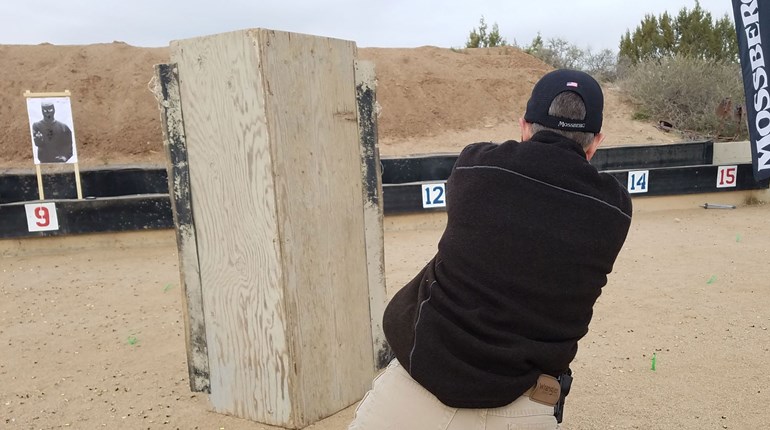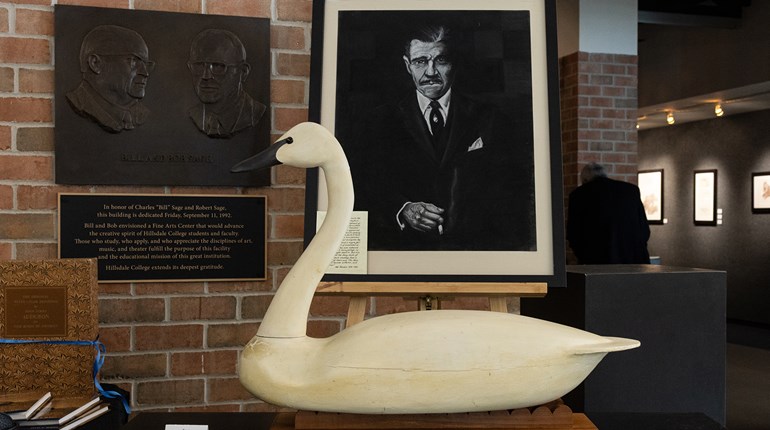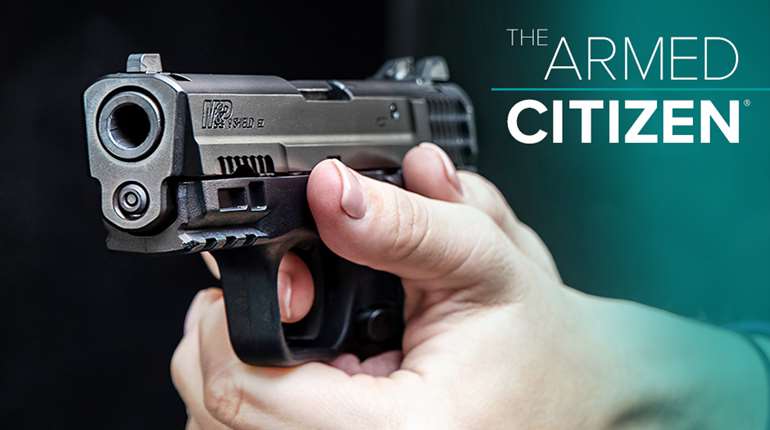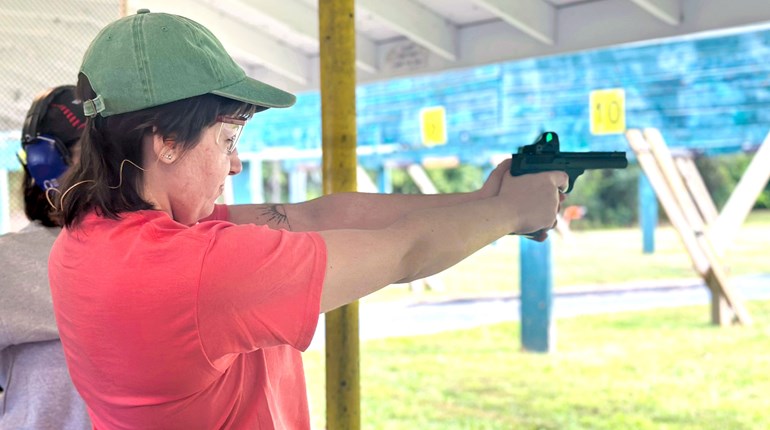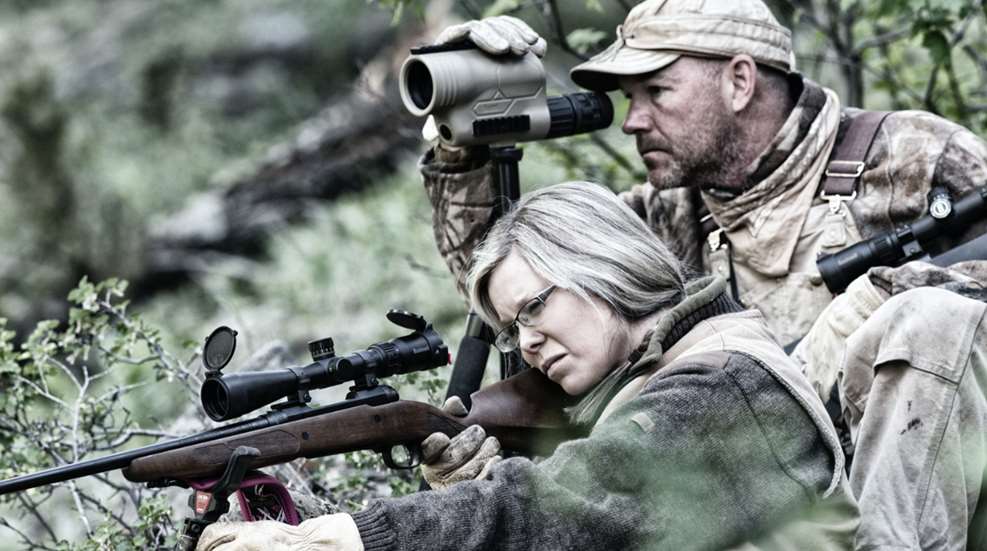
Most of us hunt on public land, land we own or lease, or private land we found by knocking on doors or asking around among our friends. We stick pretty close to home, hunting whatever species are found in our state and dreaming of the day we might go West for elk, or South for gators, or to the Midwest for monster whitetails. For most of us, buying a guided hunting trip is a major investment—something we dream about for years, plan obsessively, and save up for. It’s not something we’re going to do very often because of time and budget constraints. So when we do scrape up the funds to make the dream happen, how do we make sure we have the best chance of success with an outfitter who won’t screw us over?
The good news is that although there are a few bad apples out there, the world is full of great hunting guides who love what they do and are eager to share the experience with you. Here’s how you find one of the good ones.
Be Honest About Your Expectations
Once you’ve decided on a species and have a general region in mind, take some time to think through what you want out of this hunt. I’ve hunted out of everything from five-star luxury lodges with gourmet chefs to tents and bare-bones sheds with outhouses. I even duck hunted in Canada with an outfitter who provided a basic lodge and showed us where the fields were, and we were responsible for our own hunting and food. All were great experiences because I knew what to expect going in.
What kind of accommodations are you OK with? Do you expect chef-prepared meals, cold sandwiches every night, or something in between? Do you want one-on-one guide service and a guide that will sit in a treestand with you? Perhaps most importantly, what quality of trophy animal are you looking for? If you’re looking for a 400-inch elk, gourmet meals and a luxury lodge, be realistic about the budget that’s going to take.
Also be honest about your own abilities, and be honest with outfitters when you start interviewing them. If you want to hunt mountain goats but you haven’t hit the gym in 30 years, you’ve got some work ahead of you to get ready for a hunt like that. If you have a physical challenge that makes it difficult to climb into an elevated treestand or get into and out of a layout blind, be sure your outfitter is aware of that before you book and can accommodate your needs in a different type of setup.
Do Your Research
Most good outfitters stay booked up well in advance, so you’ll need to start the research process at least a year or two before you hope to hunt. Ask around among people you know who have hunted a given species if they have any recommendations. If that’s a no-go, determine a general region or state where you have a reasonable chance of taking an animal of the quality you’re looking for and start searching online. A good-looking, updated website is a good sign that an outfitter is on top of his game, but it’s just the start of the process.
Make a short list of outfitters that look good to you, then start calling them and asking the questions listed below. They should be able to give you references—ask specifically to talk to repeat customers and clients who did not take an animal last season. You should call several of them. Of course, take this with a grain of salt, as they’re not about to give you the names of any clients who are unhappy with their service.
Once you narrow your list down to two or three, call the local game department and ask if they’re familiar with the outfitter. They might say no, which is fine, but if they say yes, you’ll probably get some valuable intel—good or bad.
Ask Questions
Start calling the outfitters on your “looks good” list and ask questions. What kind of tags and licenses are required, how long might it take to draw a tag, and does the outfitter assist you with that process? This is a big one because it could determine if you hunt next year or many seasons from now.
Ask all the questions you need to about the accommodations and food, the guides and their level of experience, and the style of hunting you’ll be doing. Are there extra species to hunt or fish after you’ve tagged out, and does that cost extra? How much help, if any, can you expect with the licensing and tag draw process? How many days do they recommend booking for the species you’re targeting? What size animal is their average? What’s their success rate? The answer to that one depends greatly on what you’re hunting. If it’s a waterfowl hunt, success should be quite high. If it’s big game, the success rate will vary widely depending on a lot of things, some of which are out of the outfitter’s control (like how picky their previous clients have been about size or if they’ve missed their shots due to bad marksmanship). And realize that no reputable outfitter will guarantee you any animal, much less a specific size, unless it’s a high-fence hunt. If that’s your thing, cool. Just be sure you know what you’re booking.
Very importantly, ask what’s not included in the price. Tip and taxidermy are always extra, but there are other fees that can inflate the total cost. Are there trophy fees based on the size of the animal? Meat processing/cleaning fees? Transport to and from the airport, if needed? What’s the fee to bring along a non-hunting spouse, child or friend?
Consider a Booking Agency
There are plenty of booking agents who specialize in hunting and fishing trips. It typically costs you little or nothing to use their service, and they can be very valuable in matching your interests with an outfitter who can meet your expectations. Good booking agents will have hunted at each of the lodges they represent and can answer detailed questions about the experience. I’ve personally had great experiences with World Slam Adventures and Family Expeditions, but there are plenty of great agencies to choose from.
An agent is particularly valuable if you’re looking for an international trip, as they’ll have insight about travel, navigating gun laws in a foreign country, and getting trophies back home safely and legally.
How to Act When You Get There
Long before you go, start working on your physical conditioning and your shooting skills, if necessary. Get off the shooting bench and practice shooting from field positions if you’ll be doing any spot-and-stalk rifle or bow hunting. You owe it to the animal(s) and, to a lesser extent, to your guide, to be capable of making a clean shot at a reasonable distance. Ask your outfitter before you go what the typical shot distance is, and work to extend your range if you need to.
Once you’re on the hunt, be cool, ask for what you want (within reason), trust your guide but don’t be pressured into a shot or a situation with which you’re uncomfortable, be adventurous and flexible, and tip generously, whether you’ve taken an animal or not. Between 10 and 15 percent of the hunt cost is standard. Remember that the guides don’t make a lot of money—a good guide works hard for you because he loves what he does and he enjoys helping others fulfill their hunting dreams.
Above all, enjoy the trip you worked so hard for!













